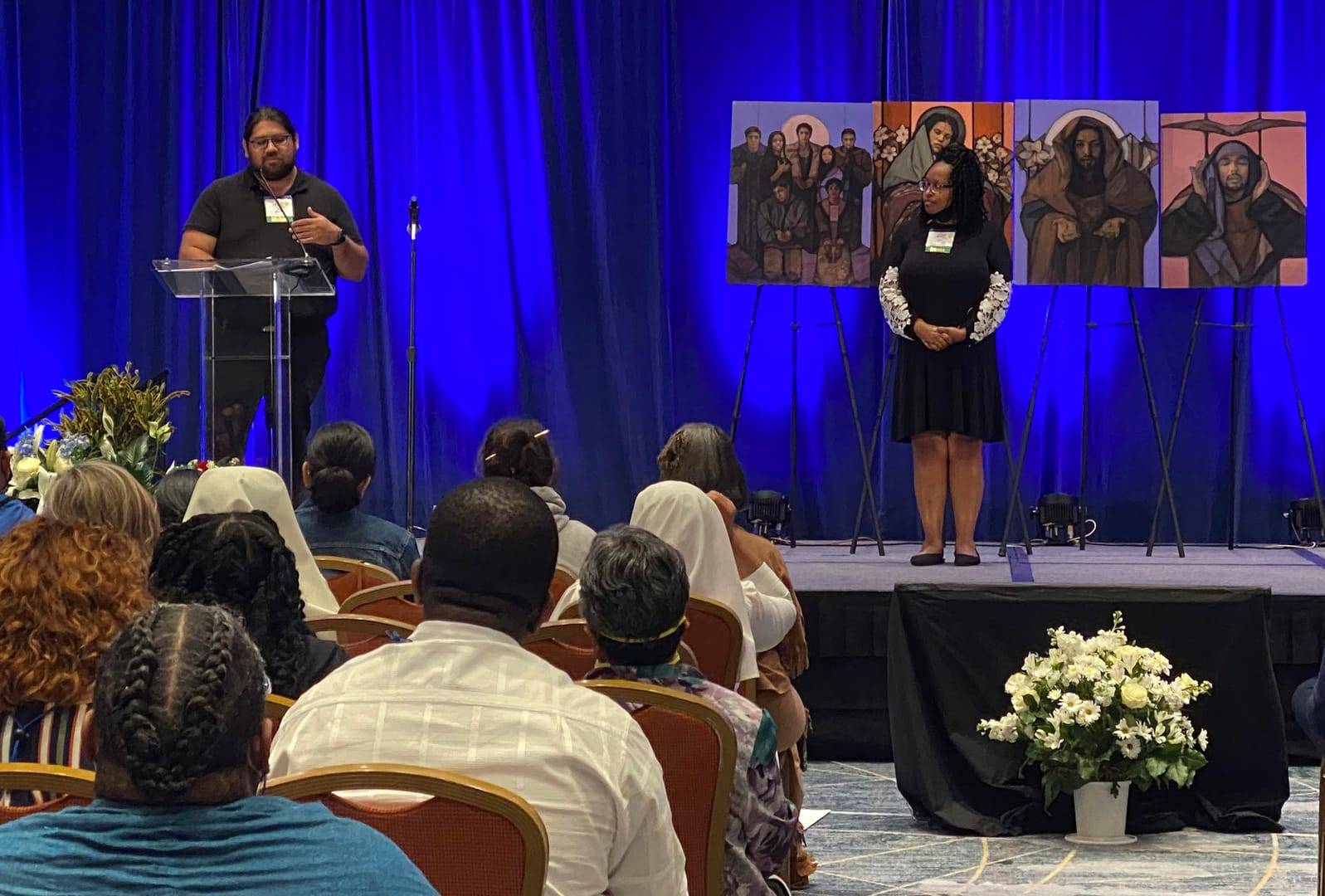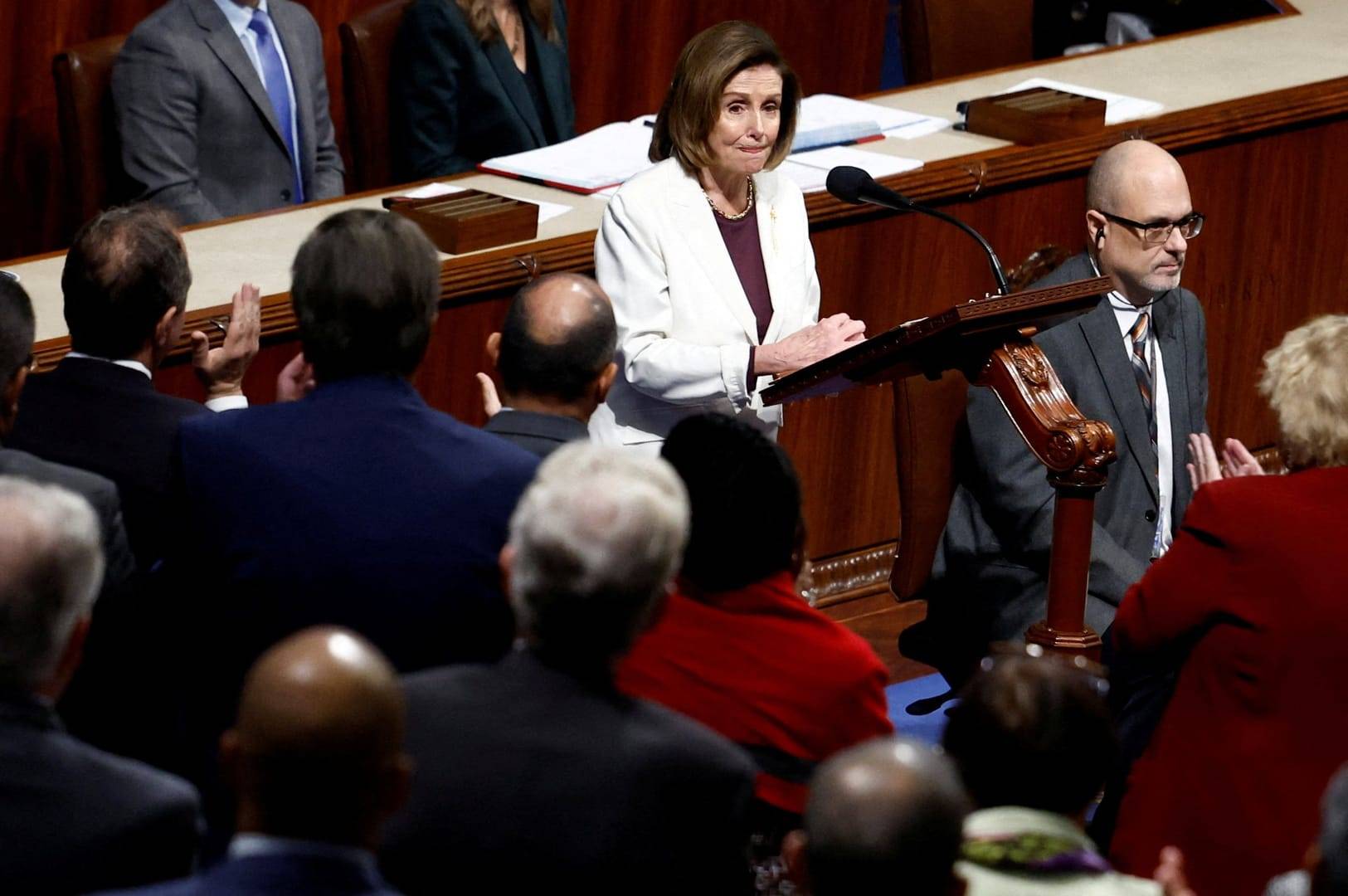WASHINGTON, D.C. — Dome Karukoski shared one critical, albeit sad, boyhood link with J.R.R. Tolkien: being fatherless.
Karukoski, then 12 years old, grew enamored of Tolkien’s books. “I was bullied, without a father. I was alone, and those stories, they became friends to me,” he recalled. “I’ve been a fan of Tolkien for 30 years,” Karukoski added. “It’s always touching on a very personal level: finding a friend, and finding friends in need of friends.”
Karukoski directed the new movie “Tolkien,” which chronicles Tolkien’s adolescence through his time as a family man prior to the astonishing literary success he enjoyed with “The Hobbit” and many future works, including “The Lord of the Rings” and “The Silmarillion.”
But to be a Tolkien fan requires reading. A lot of reading. Tolkien, a Catholic, was prolific; between books he even translated the Book of Jonah for the Jerusalem Bible in 1966. After his death in 1973, Tolkien’s children permitted the posthumous release of unpublished manuscripts and alternative versions of previously published works.
“I’ve read almost all the books, most of them twice,” Karukoski told Catholic News Service during a May 6 telephone interview from New York, where he was promoting “Tolkien,” although he confesses he hasn’t read his entire output — yet. “There’s one on my night table. It will be a lifelong process, understanding his work more thoroughly every time you read it. Rereading books, the books that he was writing at that time (in which the movie is set), I found other layers in those books. They were layers I hadn’t seen before.”
He added, “When I was young, ‘Lord of the Rings’ was my favorite book. Now it’s ‘The Silmarillion.'”
In making the movie, “we tried to be very true” to Tolkien’s Catholicism,” Karukoski said. “We actually had more scenes with Father Francis (Colm Meaney) with young Tolkien,” although they didn’t make the final cut. He added he filmed a scene intercutting the reception of Communion with the death on World War I battlefields — Tolkien served in the British army but bouts of trench fever kept him away from the front — and “people felt it was boring,” he said.
“Religion is so internal, it’s difficult to visualize. It’s like watching an encyclopedia,” Karukoski added. At one point in “Tolkien,” the title character “says he’s a bad Catholic. How do you portray that?” he mused. “One way is showing he’s looking to have (an) answer and he cites Christ. And looking for an answer, and he doesn’t get one. I wonder how many people get that” from watching the movie.
It’s also important to note, Karukoski told CNS, that “The Lord of the Rings,” perhaps Tolkien’s most profoundly Catholic epic, “comes 20 years after the film’s time.”
Although Tolkien himself was annoyed that the young adults of the 1960s who fancied themselves part of an anti-war counterculture embraced his works, “the film itself is quite anti-war, and in that is a pacifist declaration,” he noted. “In these times of 2019, it still feels that war is an option.”
Disabusing the notion that war is a positive thing in “Tolkien” is “vital that the film shows that,” Karukoski said. Tolkien and his friends “wanted to change the world with art: the poet, composer, painter. All these beautiful souls that would have flourished, their world is gone because of war.” Tolkien himself, he added, had his personal problem with his son, Michael, going to World War II, because Tolkien had lost so many friends in World War I.
Moviemaking is hard enough, and for Karukoski it’s tougher when the subjects are real-life figures. “People expect more fantasy or they expect less fantasy. There were people who expected more of a Catholic priest figure: ‘You are whitewashing Catholicism. The priest should be the voice.’ People want to see more religion. People want to see more change. The only way to do a film is to do it as true to yourself. Tolkien meant so much to me when I was 12 or 13. What I can satisfy is my own appreciation of him.”
While “by turns lyrical and moving,” “Tolkien” “may not be the biography that every fan … is looking for,” said John Mulderig, CNS assistant director of media reviews, in his critique. With Meaney’s Father Francis character the only on-screen link between Tolkien and his faith, he added, “this may leave Catholic moviegoers feeling somewhat cheated, though it’s not clear how strong a hold religion had on Tolkien in these early stages of his life.”
“Tolkien” received a classification of A-II — adults and adolescents — for some harsh combat violence, a few gruesome images and a bit of slightly bawdy humor.











